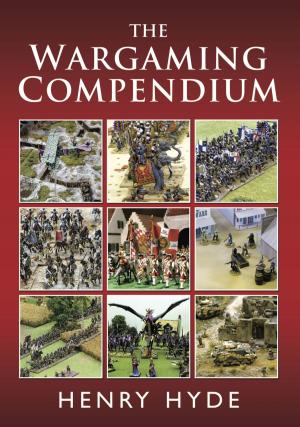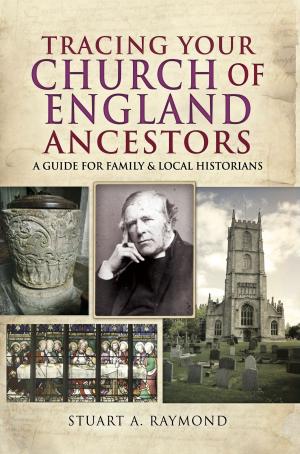Tracing Your Pre-Victorian Ancestors
A Guide to Research Methods for Family Historians
Nonfiction, Reference & Language, Reference, Genealogy, History, Modern| Author: | John Wintrip | ISBN: | 9781473880672 |
| Publisher: | Pen and Sword | Publication: | February 28, 2017 |
| Imprint: | Pen and Sword Family History | Language: | English |
| Author: | John Wintrip |
| ISBN: | 9781473880672 |
| Publisher: | Pen and Sword |
| Publication: | February 28, 2017 |
| Imprint: | Pen and Sword Family History |
| Language: | English |
Tracing Your Pre-Victorian Ancestors is the ideal handbook for family historians whose research has reached back to the early nineteenth century and are finding it difficult to go further. John Wintrip guides readers through all the steps they can take in order to delve even more deeply into the past.
Carrying research through to earlier periods is more challenging because church registers recorded less information than civil registration records and little census data is available. Researchers often encounter obstacles they don't know how to overcome. But, as this book demonstrates, greater understanding of the sources and the specific records within them, along with a wider knowledge of the historical context, often allows progress to be made.
Most important, John Wintrip concentrates on how to do the research – on the practical steps that can be taken in order to break through these barriers. He looks at online services, archives and their catalogues, factors that can influence the outcome of research, wider family relationships, missing ancestors and mistaken identity.
Throughout the book he emphasizes the process of research and the variety of resources and search tools that can be used.
Tracing Your Pre-Victorian Ancestors is the ideal handbook for family historians whose research has reached back to the early nineteenth century and are finding it difficult to go further. John Wintrip guides readers through all the steps they can take in order to delve even more deeply into the past.
Carrying research through to earlier periods is more challenging because church registers recorded less information than civil registration records and little census data is available. Researchers often encounter obstacles they don't know how to overcome. But, as this book demonstrates, greater understanding of the sources and the specific records within them, along with a wider knowledge of the historical context, often allows progress to be made.
Most important, John Wintrip concentrates on how to do the research – on the practical steps that can be taken in order to break through these barriers. He looks at online services, archives and their catalogues, factors that can influence the outcome of research, wider family relationships, missing ancestors and mistaken identity.
Throughout the book he emphasizes the process of research and the variety of resources and search tools that can be used.















